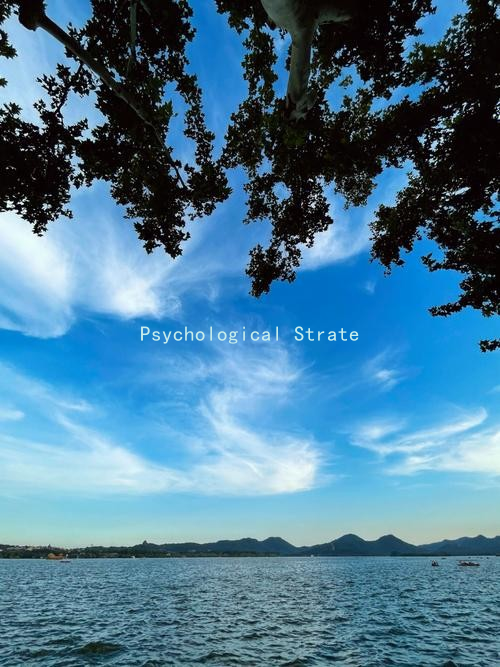Dating with Confidence: Strategies to Cope with Sexual Dysfunction
Dating with Confidence: Strategies to Cope with Sexual Dysfunction
Navigating the world of dating can be challenging, particularly when dealing with issues such as sexual dysfunction. Whether it’s a personal struggle or a partner’s experience, it’s essential to approach these situations with sensitivity, understanding, and strategy. This article aims to provide valuable insights and practical tips to help individuals and couples maintain confidence and intimacy despite sexual dysfunction.
Understanding Sexual Dysfunction
Sexual dysfunction can encompass a range of issues, including erectile dysfunction, premature ejaculation, low libido, or difficulty reaching orgasm. These challenges can arise from various factors, including stress, anxiety, medical conditions, or relationship dynamics. Acknowledging the reality of these issues is the first step toward addressing them positively and constructively.
1. Open Communication
The cornerstone of any healthy relationship is communication. When discussing sexual dysfunction, it’s crucial to create a safe space where both partners feel comfortable expressing their feelings and concerns. Here are some guidelines for effective communication:
– Choose the Right Moment: Find a quiet, relaxed time to talk when both partners are not preoccupied or stressed.
– Use I Statements: Frame your feelings using I statements (e.g., I feel anxious about our intimacy) to avoid sounding accusatory.
– Listen Actively: Make sure to listen to your partner’s experiences and feelings without interrupting or offering solutions immediately.
2. Educate Yourself
Understanding the specifics of sexual dysfunction can help demystify the issue and reduce anxiety. Read articles, consult professionals, or attend workshops together to gain a better understanding. Knowledge empowers both partners, making it easier to navigate the challenges ahead.
3. Focus on Intimacy Beyond Intercourse
In relationships where sexual dysfunction is present, it’s vital to shift the focus away from penetrative sex. Explore other ways to connect intimately:
– Physical Affection: Engage in cuddling, massage, or simply holding hands. Physical touch fosters a sense of closeness and can alleviate anxiety.

– Explore Other Forms of Sexual Expression: Discuss what other intimate acts you both enjoy and feel comfortable with. This exploration can strengthen your bond while easing the pressure of performance.
– Prioritize Fun and Playfulness: Make intimacy light-hearted by incorporating playful elements into your interactions. Playful teasing or humorous moments can alleviate stress and cultivate a relaxed atmosphere.
4. Seek Professional Help
If sexual dysfunction persists, consider seeking help from a healthcare provider or therapist. Professionals can offer valuable insights, treatment options, and coping strategies tailored to your specific situation. Couples therapy can also be beneficial, providing a supportive environment to discuss feelings and strengthen your relationship.
5. Manage Anxiety and Stress
Anxiety about sexual performance can exacerbate dysfunction. Engage in activities that reduce overall stress and promote relaxation:
– Mindfulness and Meditation: Practicing mindfulness can help center your thoughts and reduce anxiety related to intimacy.
– Physical Wellness: Maintaining a healthy lifestyle through regular exercise, a balanced diet, and adequate sleep can significantly impact sexual well-being.
– Open Up About Anxiety: Sharing your worries with your partner can lighten the emotional load and allow for mutual support.
6. Encourage Patience and Understanding
Dealing with sexual dysfunction requires time and patience. Remind yourselves that setbacks are normal and that intimacy is not solely defined by sexual performance. Emphasize understanding and support, reaffirming that your relationship is built on more than just sexual encounters.
Conclusion
Dating with confidence in the face of sexual dysfunction is entirely possible through open communication, education, and a focus on holistic intimacy. By fostering a supportive environment and actively addressing challenges together, you and your partner can cultivate a deeper connection that transcends physical limitations. Remember, love and intimacy take many forms; with patience and understanding, you can navigate this journey together.





